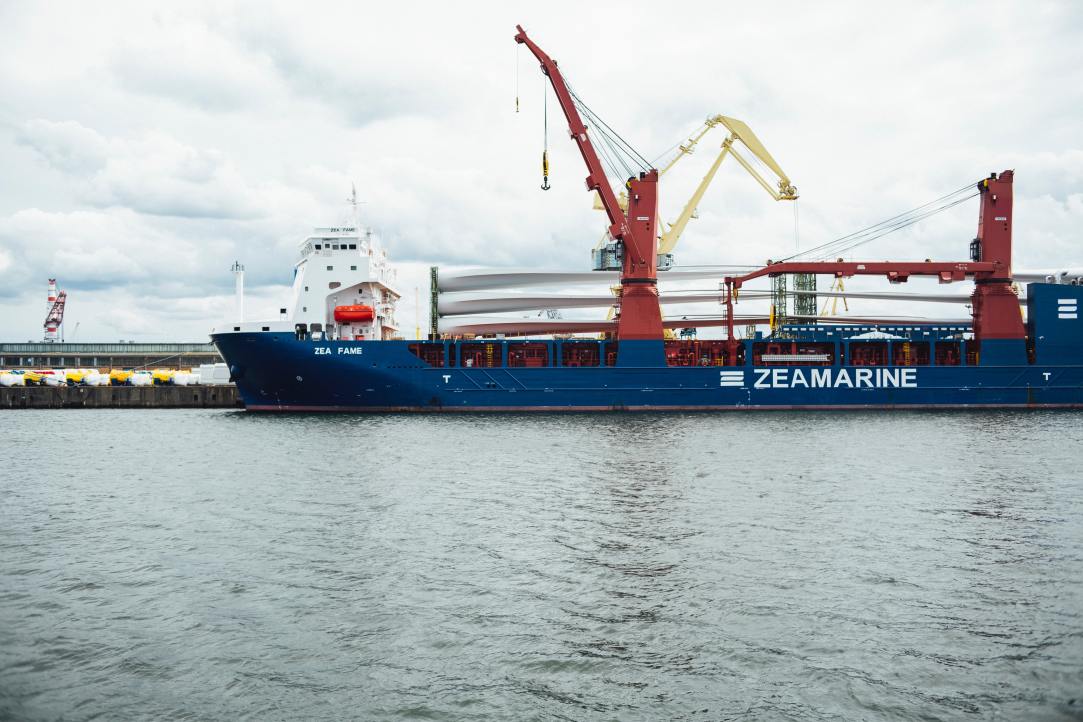The Impact of Commodity Prices on Endorsement of Leadership Change in Resource-rich Countries
Economics undergraduate program junior student Kira Silvestrovich's research paper won 3rd prize in Student research papers competition 2020. Here we publish paper synopsis

Standard agency theory suggests that voters are rational, and they judge incumbents only for their actions being able to see the difference between exogenous factors and the incumbent’s competence. However, there are both theoretical and empirical studies that prove that voters are if not irrational, then at least quasi-rational (Wolfers, 2007) and not always can distinguish other factors from incumbents performance. And it is highly likely that voters in resource-rich countries are more prone to such attribution errors since incumbents in these countries can use the additional revenue they earn from the export of commodities during high prices to manipulate their pre-election policies, as is stated in Political Business Cycle literature, to increase the support and enhance their chances of reelection. For instance, (Andersen, Aslaksen, 2013) claim that using certain ways of distribution of revenues from resources is a way for incumbents to raise support of voters and stay in power longer. However, yet there are just a few papers that test such theoretical assumptions empirically.
This paper aims to fill this gap in empirical studies, systematize existing ones, and investigate the relationship between price shocks and reelection results. Using a sample of 189 elections in 53, mostly developing, countries and using exposure to commodity price shocks as a measure of resource dependence, this study demonstrates that export price shocks have an influence on the reelection prospects of incumbents and consequently help them stay in power. Particularly, we find that in presidential systems a one-point increase in price shock increases the president’s winning margin by 21.53% while in parliamentary systems same increase tends to enlarge the governing party’s winning margin by 7.34%. These results are robust to such factors as GDP growth and inflation rate, as well as region-specific determinants of elections. They also hold when political institutions and electoral qualities, such as freedom of expression index, polity type, and democracy index, are controlled.
But what is the mechanism? The most revenue from commodities is got by exporting them and consequently, this government revenue is strongly dependent on prices on world’s markets, unless the country is a price-maker on the market of a certain commodity. So, export price shocks, variable that is exogenous to the influence of any president or party, can make an important contribution to evidence on whether resource dependence harnesses or benefits chances of a leader to be reelected as such shocks have a large impact on national income, investment and spending (Bazzi, Blattman, 2014). Moreover, countries, for which commodities make up a significant share of total exports are more exposed to variations in international prices, therefore when prices are high their economic performance is more likely to be boosted and it’s considered, that voters are not always able to distinguish commodity price booms from a really proper policy of incumbents, especially in developing countries (Campello, Zucco, 2015) In this paper we discuss one possible channel of influence of commodity price shocks on incumbents’ policies – government spending, we conclude that commodity price shocks seem not to have a direct impact on government spending, but government expenditure tends to smooth the impact of price shocks on the chance of reelection.
Junior student Economics undergraduate program, research paper prize winner 2020
"Kira's research explores how price shocks to commodities that are economically important for a country shape the fate of political incumbents in that country. She also investigates whether electoral outcomes are more sensitive to commodity price movements in different types of political regimes and for different types of commodities. Using a cross-country time-series dataset, Kira finds that, overall, positive price shocks tend to increase the winning margin (or lower the losing margin) of incumbents both in presidential and parliamentary elections. She shows that this average effect is mainly driven by less democratic regimes and mostly applies to oil and gas. Kira's findings suggest that incumbents (especially in autocratic regimes) are able to capitalize on positive economic shocks (such as changes in resource windfalls) even though they are beyond the control of politicians. These results improve our understanding of how economic voting operates. In particular, they are informative about the extent to which voters discount (or fail to discount) the role of luck when rewarding politicians for economic outcomes. Kira's results are also indicative of the role of external factors in autocratic survival and speak to a particular form of "resource curse". In ongoing work, she investigates the particular mechanisms underlying her empirical findings and tries to understand why less democratic regimes and specific commodities exhibit stronger effects than others."
Associate Professor, paper advisor
Abstract
Incumbents, willing to stay in power longer, tend to influence voter’s opinions by their pre-election policies. And in such case existence in country of large reserves of natural resources can increase the value of being in power and provide additional arsenal for affecting voter’s behavior. At the same time voter are not always able to distinguish incumbents’ performance from exogenous factors, especially in developing countries which are less integrated into world processes. So, commodity price shocks can boost economic performance, increase support of an incumbent, and consequently enhance the chance of incumbents to be reelected. Notwithstanding, there are a few empirical studies assessing the corresponding assumption. In this paper we try to fill this gap and test this hypothesis using 189 observations of incumbents trying to be reelected from 53 developing countries. Our findings suggest that commodity price shocks have a strong impact on the winning margin of reelecting presidents and governing parties and possible explanations for this relationship are discussed.
Keywords: price shocks, reelection, voter’s behavior
JEL: D72, H11, N50
Thematic area Economics: Political Economy
